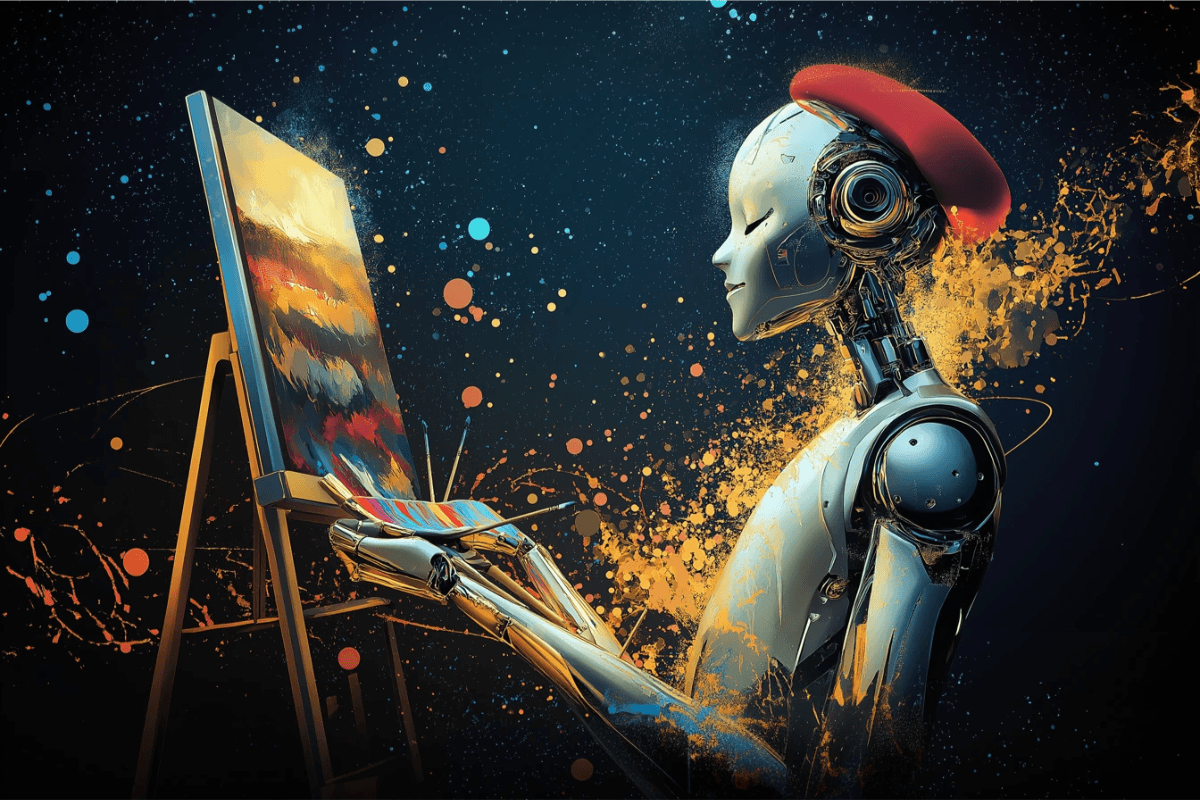The digital marketing landscape is evolving rapidly, with AI-driven tools like SearchGPT changing how content is created and optimized. This shift raises the question: SearchGPT vs Google SEO – which one will dominate the future of digital search? Traditional SEO relies on Google’s search algorithm to rank content based on relevance and authority, while AI-generated content SEO introduces automated content creation. Understanding AI vs traditional search can help marketers adapt to these advancements.
Understanding SearchGPT Vs Google SEO
To compare SearchGPT vs Google SEO, it’s essential to analyze how both function. Google’s search algorithm vs AI-based search operates differently. Google’s system ranks pages based on keywords, backlinks, and user engagement. AI-generated content SEO, on the other hand, uses language models to create optimized content in real-time. This raises concerns about the impact of AI on search rankings and how search engines will adapt.
Strengths And Weaknesses Of SearchGPT
AI-generated content SEO offers several advantages. SearchGPT can create high-quality, relevant content quickly, reducing the need for extensive keyword research. The future of digital marketing could see a shift toward AI-generated content, enhancing efficiency and scalability. However, there are drawbacks to AI vs traditional search. AI-generated content lacks human creativity and contextual accuracy at times, which may impact engagement.
Key Benefits:
- Speed and efficiency in content creation.
- Optimized content for SEO without manual keyword research.
- Improved scalability for businesses producing large volumes of content.
Key Challenges:
- Potential issues with content originality and engagement.
- Difficulty in aligning AI-generated content with Google’s search algorithm vs AI-driven models.
- Risks of search engines penalizing AI-generated content if overused.
Google SEO: Strengths And Limitations
Google’s search algorithm vs AI models remains the foundation of digital search. Traditional SEO focuses on keyword optimization, backlinks, and user experience. The impact of AI on search rankings has led Google to refine its algorithms to detect AI-generated content. While AI-generated content SEO is growing, Google continues to prioritize high-quality, authoritative content.
Strengths Of Google SEO:
- Proven track record in delivering relevant search results.
- User engagement and experience play a key role in rankings.
- Google’s search algorithm adapts to prevent manipulation by AI-generated content.
Limitations:
- Requires manual keyword research and content optimization.
- Algorithm updates can impact rankings unpredictably.
- Increased competition makes ranking for high-traffic keywords challenging.
The Future Of Digital Marketing: AI Vs Traditional Search
SearchGPT vs Google SEO will shape the future of digital marketing. As AI-generated content SEO becomes more refined, businesses will integrate AI-driven strategies with traditional search techniques. The impact of AI on search rankings will depend on how Google adapts its algorithm to balance AI and human-created content.
Predictions For The Future:
- AI-generated content will enhance content marketing efficiency.
- Google’s search algorithm vs AI models will continuously evolve.
- Ethical AI usage will be a key factor in search rankings.
Conclusion
The debate of SearchGPT vs Google SEO will continue as AI technology advances. While AI-generated content SEO streamlines content creation, Google’s search algorithm vs AI-based ranking methods will determine how AI content is treated. The future of digital marketing will likely involve a blend of AI vs traditional search strategies, ensuring both automation and authenticity drive search rankings.
Source: BrandCom






